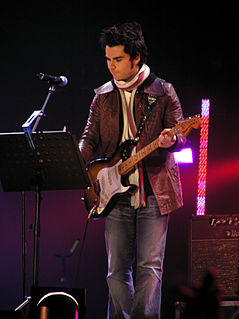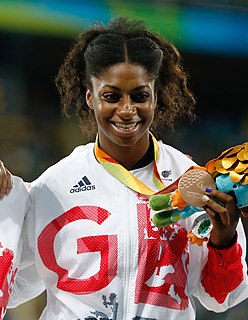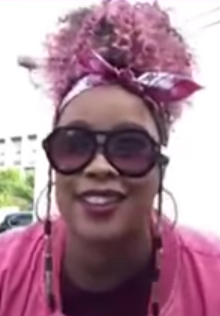A Quote by Wiz Khalifa
A lot of people don't know the culture shock of how you can be in a rich area and then be in poverty. People don't know how different it is over there.
Related Quotes
The culture's changed massively. The kids are different, with the phones and stuff. Even if you like a song, you don't really know who the artists are, it's a lot more faceless, it's a lot less tribal. When we were growing up it was much more tribal - it was rock, it was grunge. Now people like songs, [but] they don't necessarily know the song's origins. I don't know how you would feel angry at the world, or distressed, because most people are constantly distracted or consumed.
We know how to be doctors, nurses, lawyers. We know how to be tweeters. We know how to be everything. But how do you just be people? How do you be present with one another? How do you be honest with one another? How do you be compassionate towards one another, forgiving towards one another? We know what to do. We don't know what to be, how to be.
We have different expectations for different groups of people. We tend to modulate the degree with which we're forgiving or punitive depending on how well we know folks, or how much we consider them peers, or how much social capital we've invested in them. That has to do with race, class, gender, and socioeconomic status. We have a tendency to bend over backwards to forgive folks we think of as part of "the us." The question of who we define as "the us" is a lot of what constitutes how we punish who we punish.
As people, we have forgotten to be people. We know how to be doctors, lawyers, nurses, teachers, we know what to do, we know what to buy, but how do I just sit with you in your pain? How do I sit with you in your vulnerability and not betray you, not abuse you? We do not know how to do that, even in our homes.
People don't understand the classification process and they also don't understand a condition like MS and how it has different effects on different people. Neurological conditions are all so different because we don't know what people have gone through and how their brains adapt to it all and you can't assess everything with the naked eye.
When you look at what [new generation] believe in, how they value diversity, how they believe in science, how they care about the environment, how they believe in, you know, everybody getting a fair shot, how they believe in not discriminating against people for sexual orientation and you know, their belief that we have to work with other countries to create a more peaceful world and to alleviate poverty, that's the majority an entire generation that's coming up behind us.































